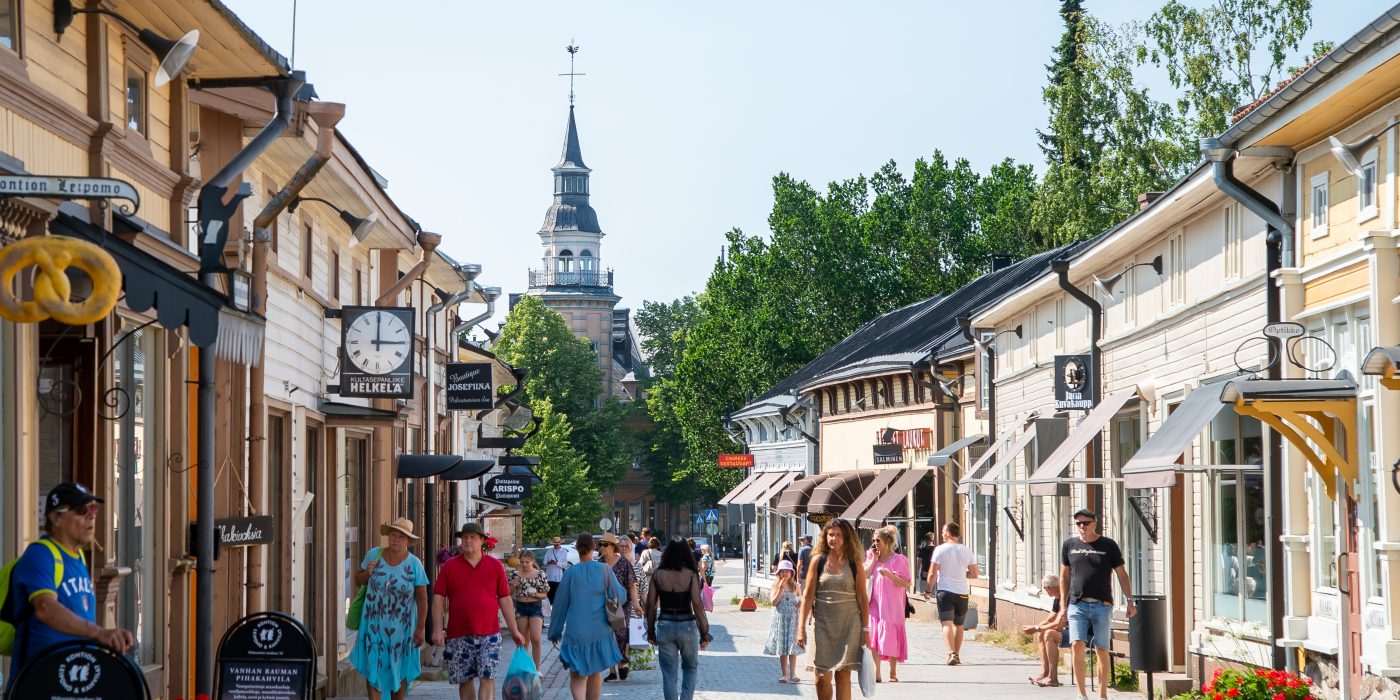We develop: Circular economy is a prerequisite for the sustainable development of the tourism industry
Despite being classified as a service sector, tourism exploits huge amounts of natural resources. Tourism is strongly interconnected and dependent on various value chains and resource flows such as food production, the built environment and logistics. For this reason, the tourism industry and its actors have an important role to play in the transition to and promotion of the Circular Economy.

The COVID-19 pandemic is accelerating the transition towards Circular Economy in tourism, as it is seen as a possible solution to the negative effects of the tourism industry. The Circular Economy limits the environmental impact of tourism-related production and consumption, for example in the hotel and restaurant sector, which is criticised for excessive consumption and waste of water, energy and food caused by unsustainable practices. At the same time, Circular Economy is a tool for tourism companies and supports them in adopting an ecological and responsible business approach.
The Center for Tourism Development is accelerating the transition of the tourism industry towards Circular Economy in Satakunta region. As tourism industry is still in its infancy in the Circular Economy, the first step in the transition is to increase awareness and knowledge of the issue. It is important to identify the current state of the circular economy in companies and to highlight the measures already taken. At the same time, strengthening the business-oriented research and development activities of the Circular Economy in tourism is a key issue for promoting the theme in the region.
Accelerating the Circular Economy will increase the tourism industry's ability to protect nature by improving waste management, resource efficiency, and environmentally friendly thinking. It takes into account the impact of the industry on the nature, cultural heritage and inhabitants of the destinations. Accelerating the Circular Economy will also strengthen the competitiveness and innovation of tourism companies. It provides an opportunity to stand out in the market by diversifying products and services and responding to the changing demand and growing expectations of tourists.
Did you know this?
- Tourism is a key part of regional economies, generating income and jobs, but it accounts for about 8% of global CO2 emissions.
- Hotel guests can generate one kg of waste per day.
- Reducing food waste and disposable plastic are essential measures in the Circular Economy in the tourism industry.
- In tourism, the sharing economy plays an important role as part of the Circular Economy. Sharing, buying, renting, exchanging and borrowing, for example by using digital platforms (e.g. Airbnb and Uber) are important business models.
- Through their own behavior, tourists play a crucial role in enabling change towards the Circular Economy. At the same time, through tourism, the Circular Economy can be brought closer to the consumer.



